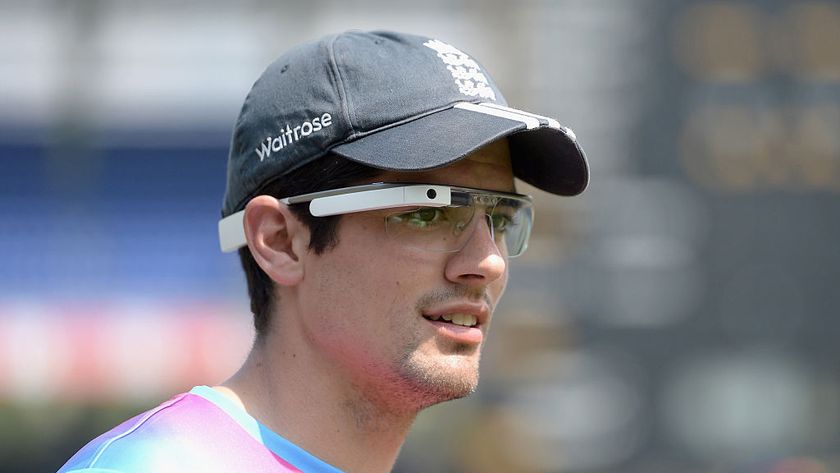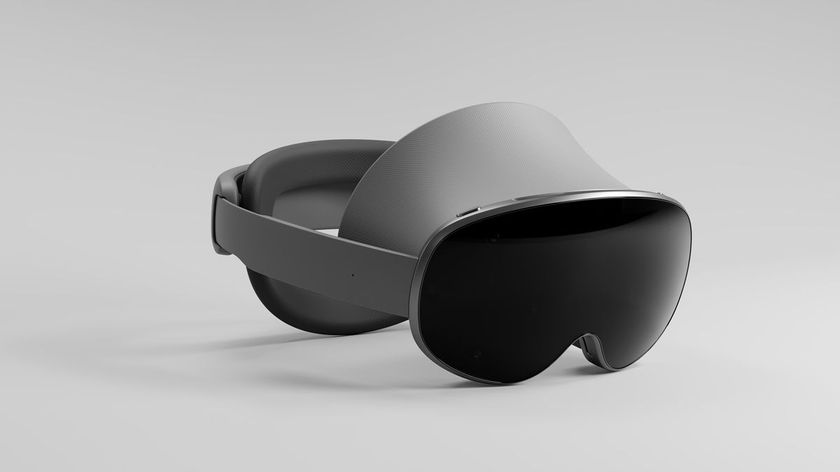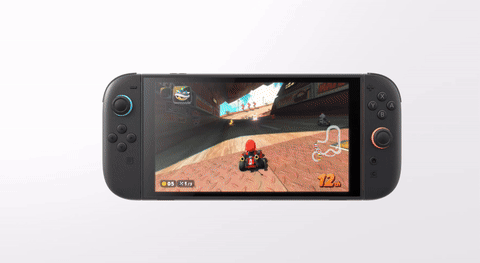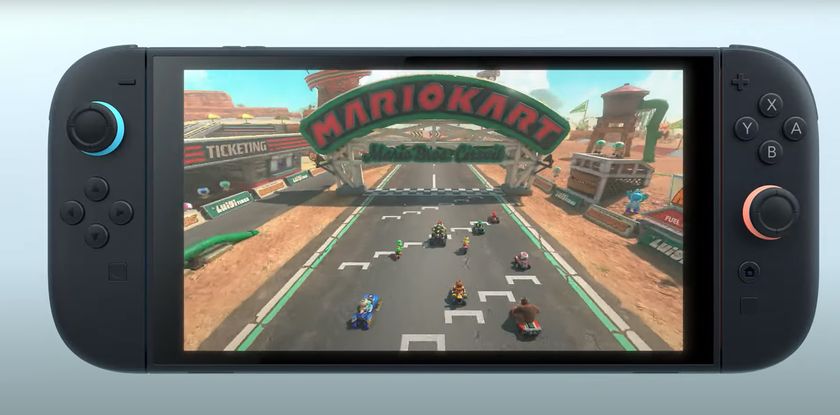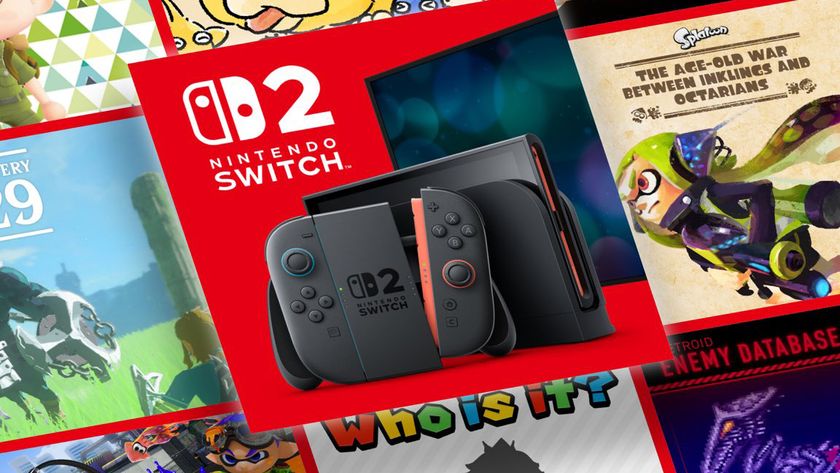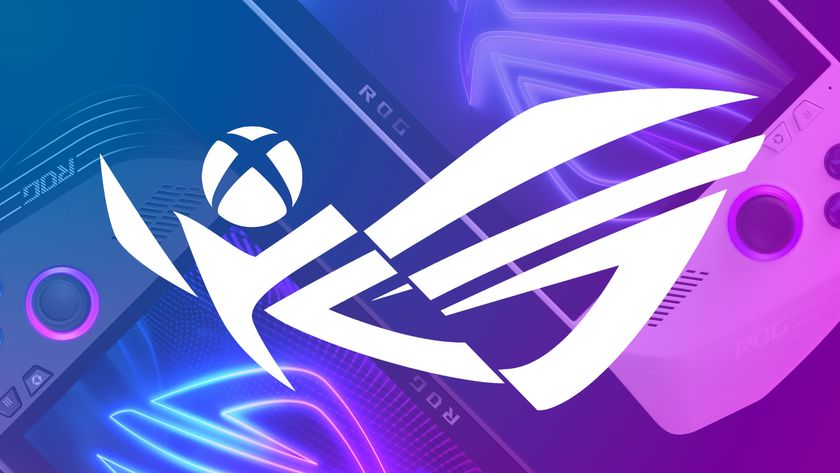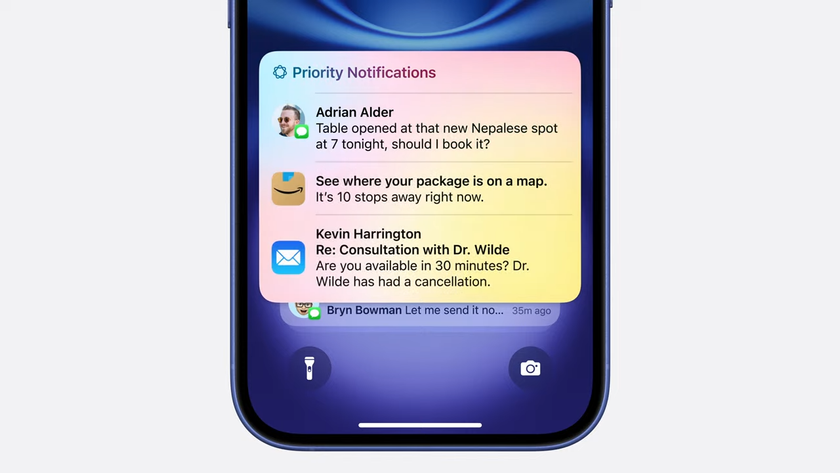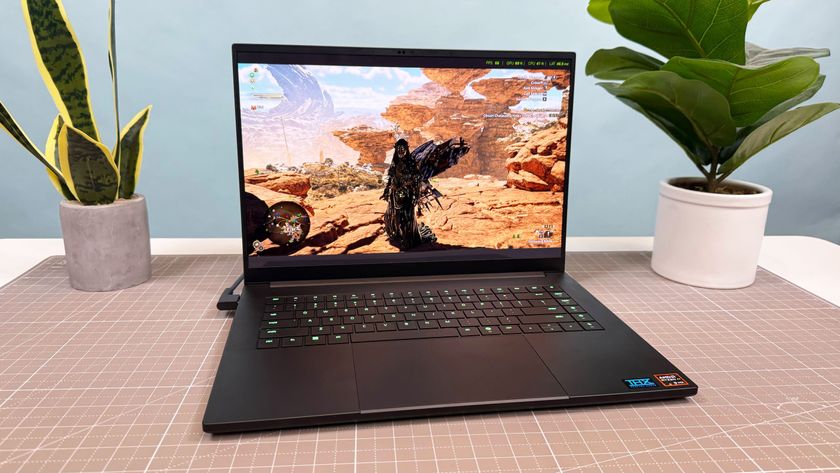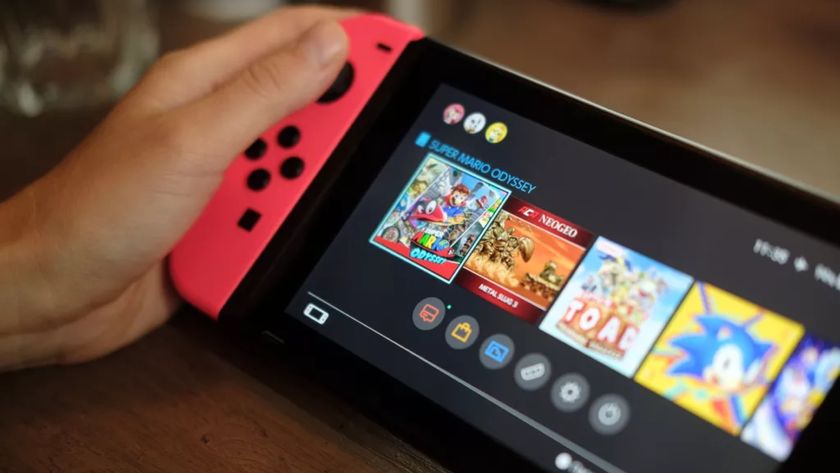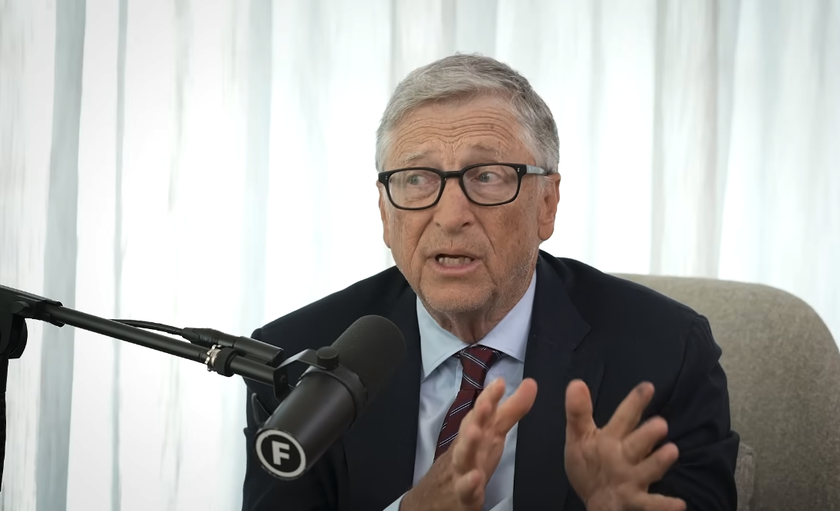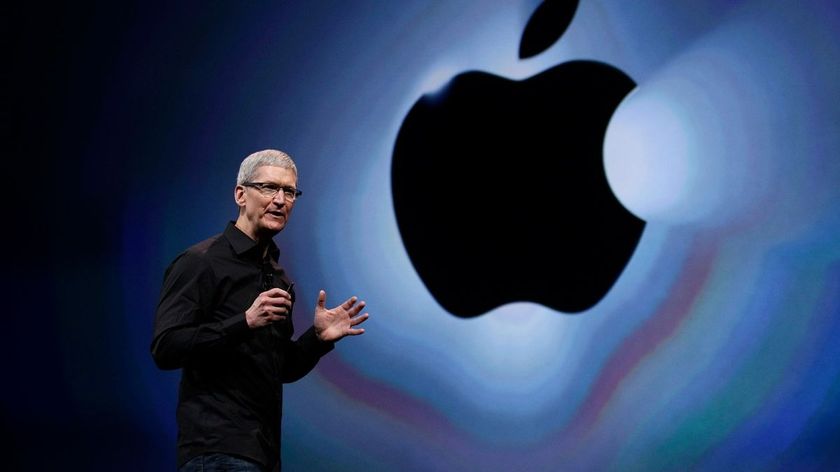VR headsets are mainstream, and I'm tired of pretending they're not
From Meta Quest to Vision Pro, VR and mixed reality headsets have more than earned their place in the limelight of the mainstream.
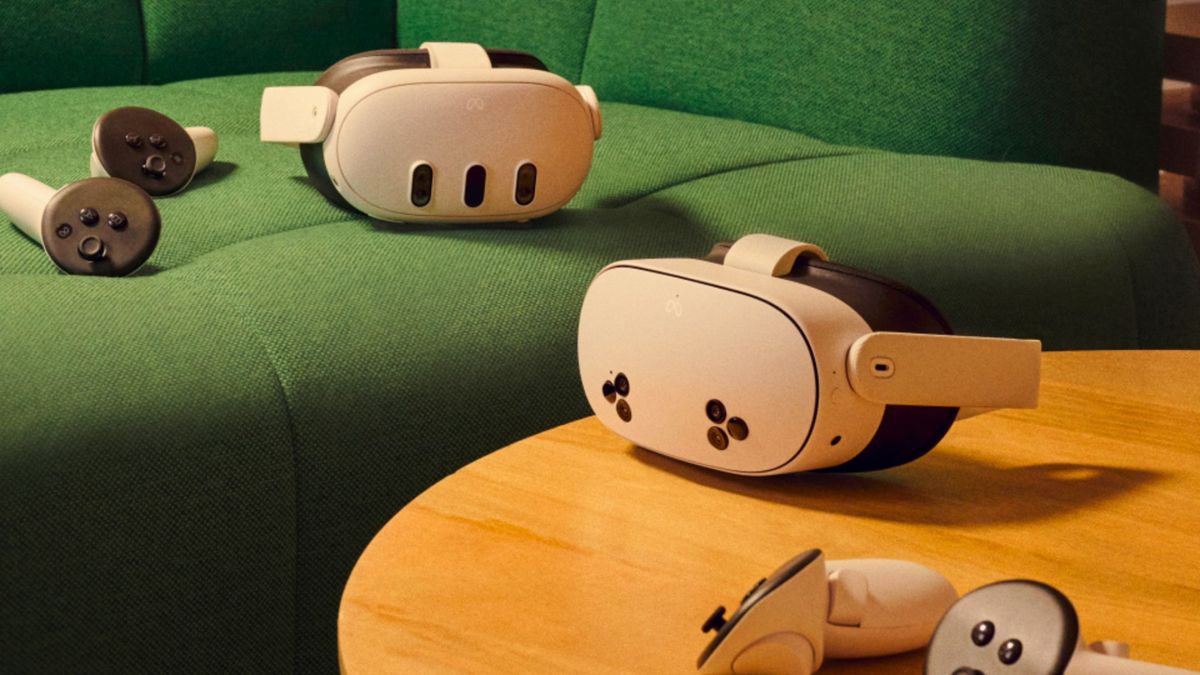
Virtual reality, always the bridesmaid, never the bride. At least that's what a lot of people parrot when they make claims about the technology's constant struggle to find a home in the mainstream.
Because of this, it's easy to write off VR as some fringe hobby, like trainspotting or competitive duck herding. However, nothing could be further from the truth.
In January, I made the claim that 2024 is make-or-break for VR, and the Quest 3 or Vision Pro won't save it alone. In doing so, I repeated the same old tired trope of VR's struggle for mainstream success.
However, in one of those rare cosmic instances of happenchance, I was wrong. Almost a year on, I've reframed my perspective on things. Even with a mostly successful 2024 under its belt, VR didn't secure its long-awaited place in the mainstream. Because VR is already mainstream, and I'm tired of pretending that it isn't.
The numbers don't lie
Skeptical? I don't blame you. But in the, now immortally memed, words of Scott Steiner: the numbers don't lie.
As of March 2023, total sales of Quest headsets had reached nearly 20 million, the original PSVR is estimated to have sold over 5 million units, and in 2024, global VR shipments were expected to total 9.6 million according to analyst TrendForce.
Taking only these numbers into consideration, and keeping in mind that this is just a fraction of available headsets and sales, that's at least 34 million VR users worldwide—with an up-to-date tally of Quest headset owners alone rivaling the population of Australia.
Stay in the know with Laptop Mag
Get our in-depth reviews, helpful tips, great deals, and the biggest news stories delivered to your inbox.
On Christmas Day 2024, the Meta Horizon app, which is essential for setting up Quest headsets, topped the App Store charts in the US and the UK, signaling a further wave of interest in the medium, likely spurred on by the recent release of the Meta Quest 3S, an ultra-affordable, $299 gateway into mixed reality experiences.
It's getting better all the time
We're long past the days of the Nintendo Virtual Boy, a 1995 mass-produced gimmick that introduced gamers to the concept of at-home VR and cluster migraines.
As 2024 draws to a close, we've headsets from Apple, Meta, Poco, Valve, HTC, and Pimax to name a few. Beyond that, companies like Lenovo and Asus are interested in developing their own Quest-like headsets running on Meta's Horizon OS backbone, and during January 2025's Galaxy Unpacked event, we're likely to hear more about the Android XR-based Project Moohan mixed reality headset from Samsung.
On the software side of things, VR gamers are having a whale of a time thanks to the release of games like Into the Radius 2, Ghosts of Tabor, Alien: Rogue Incursion, and the arachnophobia-inducing Metro Awakening.
Those games join an already impressive library of stand-alone and PCVR titles like Half-Life: Alyx and Beat Saber—the latter of which had sold four million copies by February 2021 and reportedly generated $255 million in title and DLC sales by October 2022.
Not to mention a brand new entry in the massively popular Arkham franchise with Batman: Arkham Shadow, exclusive to Meta Quest headsets. Does that really sound niche to you? An exclusive entrant to a highly regarded series like the Arkham games is hardly likely to pop up on something like the Playdate, after all.
What does it even mean to be "mainstream," anyway?
We can continue to obsess over invisible boundaries that keep VR and mixed reality hardware out of the realms of the mainstream limelight all we like. The reality is, that what's "mainstream" has nothing to do with raw sales or adoption figures. It's about cultural relevance and visibility.
The Meta Quest 2 had a Super Bowl ad in 2022. In that sense, how much more mainstream can a console get? (Even if, admittedly, said commercial did receive some flak.)
It's getting harder by the day to continue to admit that VR hasn't clawed its way into the mainstream. Furthermore, the more you look at it, the harder it is to say it hasn't been there for some time.
Saying VR isn't mainstream because it doesn't have the numbers to rival sales of the Nintendo Switch is a bit like saying Tom Hanks isn't a household name because he hasn't donned spandex and pranced about in a Marvel film.
From Batman to Beat Saber, VR has had its place in the mainstream for years already, proving you don't need mega sales to lay claim to cultural clout by the bucketload.
More from Laptop Mag

Rael Hornby, potentially influenced by far too many LucasArts titles at an early age, once thought he’d grow up to be a mighty pirate. However, after several interventions with close friends and family members, you’re now much more likely to see his name attached to the bylines of tech articles. While not maintaining a double life as an aspiring writer by day and indie game dev by night, you’ll find him sat in a corner somewhere muttering to himself about microtransactions or hunting down promising indie games on Twitter.
